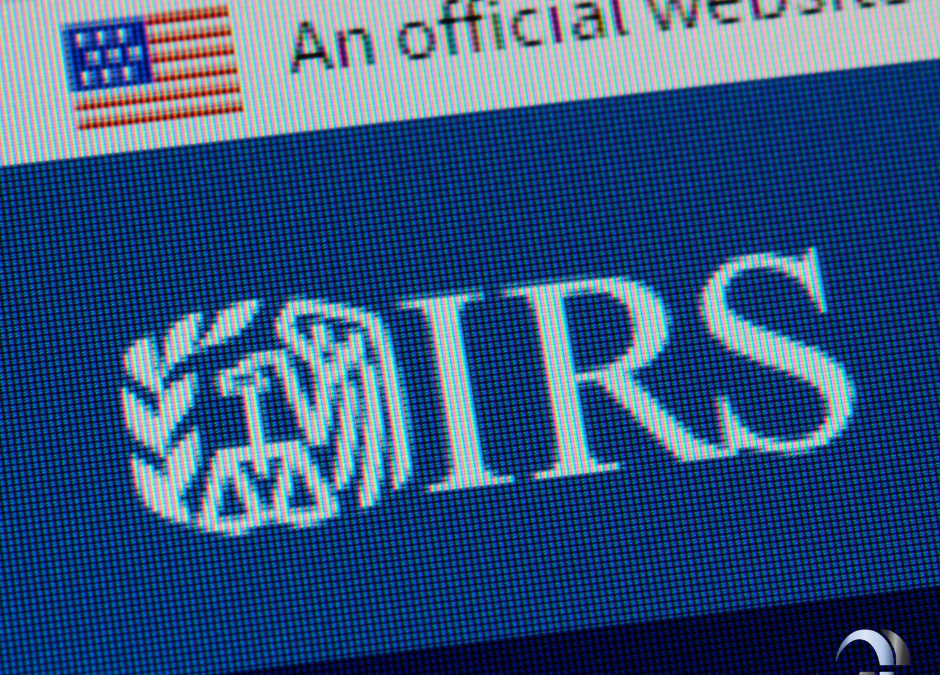The Employee Retention Credit (ERC) was a lifeline for many businesses struggling during the pandemic. However, with the surge of misinformation and fraudulent claims, the IRS has intensified its review process to protect against improper claims.
To safeguard the integrity of the program, the IRS has announced plans to deny tens of thousands of claims that show clear warning signs of ambiguity. The agency has also identified five new indicators that could lead to a claim denial.
These are the five new warning signs of an incorrect ERC Claim:
- Essential businesses that were fully operational: Many essential businesses were misled into claiming the ERC despite being ineligible. These businesses were not eligible because their operations were not fully or partially suspended by a qualifying government order.
- Lack of evidence for business suspension: Businesses unable to provide adequate proof that a government order fully or partially suspended their operations are at risk of denial.
- Inclusion of family member wages as qualified wages: The IRS requires accurate reporting of qualified wages, excluding those paid to family members.
- Double dipping with the Paycheck Protection Program (PPP) loan forgiveness: Businesses cannot claim the ERC on wages that were forgiven as part of payroll costs for the PPP.
- Large Employers Claiming Wages for Employees Providing Services: Employers with 100 or more employees must adhere to special rules when claiming the ERC. Wages can only be claimed for employees who were not providing services during the eligibility period. Incorrectly including wages for employees who were actively working can lead to erroneous claims.
In addition to these new red flags, the IRS had announced other indicators of incorrect ERC claims, including:
- Claiming the credit for too many quarters
- Misinterpreting government orders
- Inaccurate employee calculations
- Misleading supply chain issues
- Overstating claim period
- Nonexistent wages or business
- False promises by promoters
What can you do if you’re concerned about your claim?
If you suspect any discrepancies in your ERC claim, there are options to resolve the issue and ensure compliance:
- Withdraw a claim: The IRS encourages ineligible businesses with unprocessed claims to withdraw their claims. The agency will treat the withdrawal as though it was never filed, with no interest or penalties applied.
- Amend a return: Businesses that overclaimed the ERC can amend their returns to correct the claim amount, preventing potential penalties and interest from accruing.
- Voluntary Disclosure Program: The IRS just reopened the Voluntary Disclosure Program. This program allows businesses to voluntarily disclose discrepancies in their ERC claims and resolve issues with the IRS’s guidance.
Navigating the complexities of the ERC can be challenging, especially with the IRS’ increased scrutiny. If you suspect any discrepancies in your ERC claim, Boris Benic and Associates can help guide you through the process to ensure compliance with IRS regulations.

